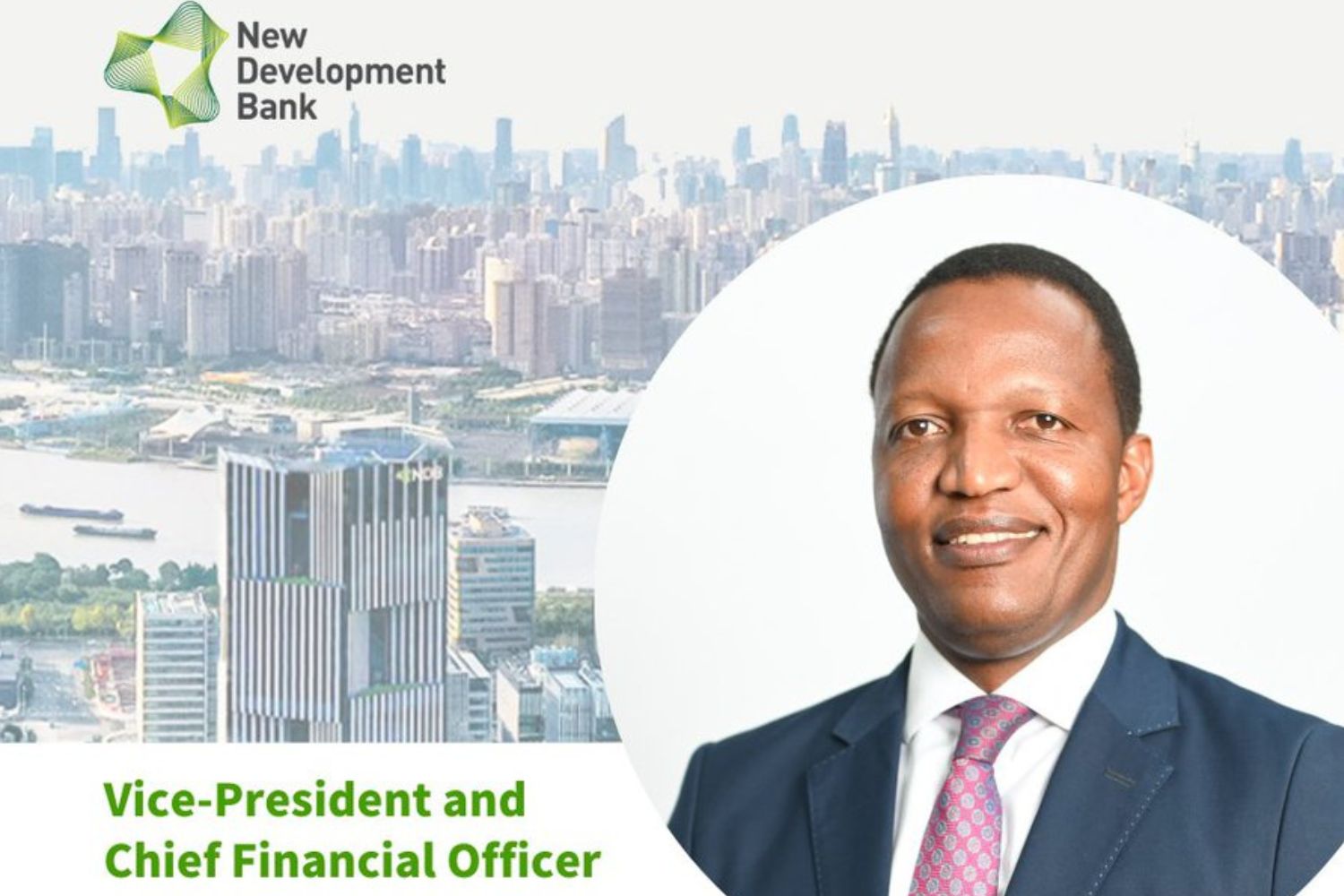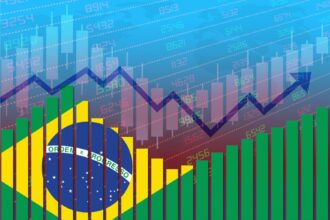Moscow has taken another step forward in creating a payment system that is resilient to the dollar and western sanctions.
Reports say it wants to establish an autonomous BRICS payment system, leveraging digital currencies and blockchain.
This comes after BRICS+ finance ministers and central bank governors met in Sao Paulo, Brazil, last month to discuss alternatives.
Russia, currently the BRICS+ Chair, has faced international sanctions due to the war in Ukraine.
Countries are linked through digital payment systems, which are essential for financial transactions between them, and Russia has been affected.
But to get around this, Kremlin aide Yury Ushakov has been quoted by the Russian state-owned news agency TASS that development of a new blockchain-based system for BRICS is underway.
ALSO READ: Welcome relief may be on the way with a new international payment system
Moscow has been working on its digital Ruble for some time – and this is seen as a significant development.
Experts agree that such a system is important for BRICS as it highlights the potential for cost-effectiveness and impartial operation.
Ushakov says this would be based on state-of-the-art tools including new digital technologies.
However, he has not given details on when and how such a blockchain would be finalised.
For several months, Moscow has been advocating for a blockchain-based solution for BRICS, particularly as Western sanctions escalate.
As a result, digital payment systems between countries have become a topic of hot discussion between BRICS+ finance ministers.
ALSO READ: New Railway in Southwest China eases Spring Festival travel rush ahead of Chinese New Year
They have agreed that by the end of the year, Russia will produce a report on the options for a new international financial system.
There has been talk of a common BRICS+ currency, but this was put on the backburner during the summit of member states in South Africa last August.
This was because of the diverse economies and value of currencies of the various member states.
However, there is consensus that there needs to be an alternative trade system, which is not dependent on the Dollar.
Digital currencies such as Bitcoin are not restricted by borders or government policy – and this could be an ideal way to trade.
ALSO READ: Brazil set to climb global economic rankings after 3.1% GDP Growth in 2023, IMF













